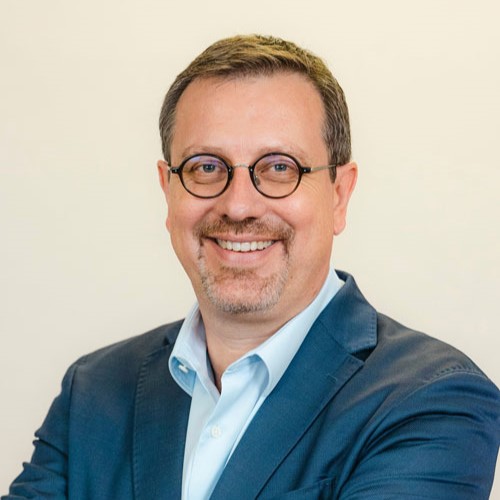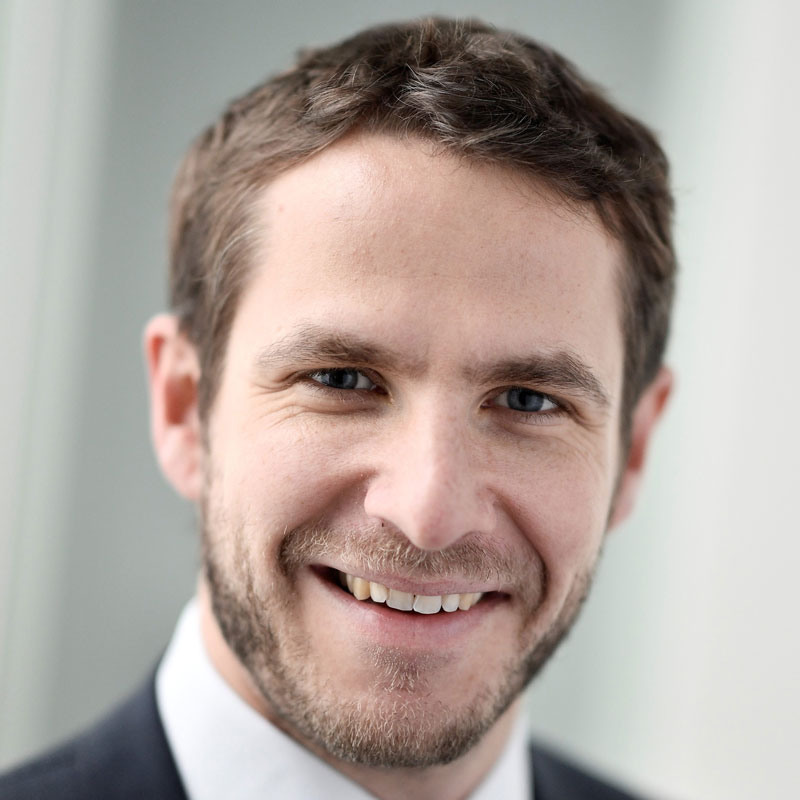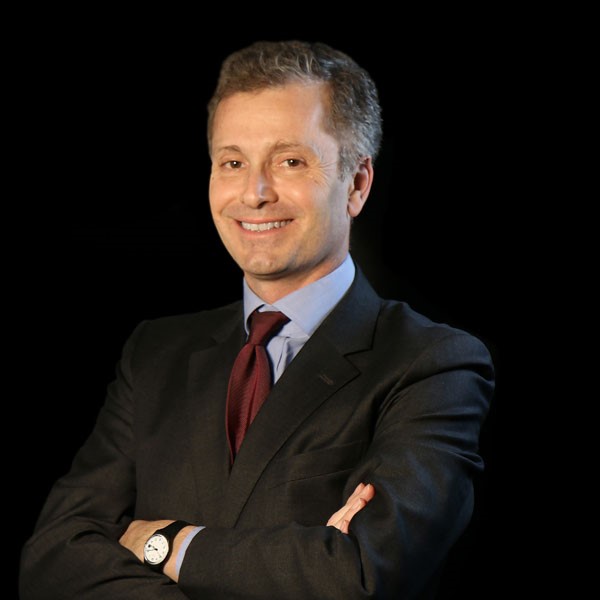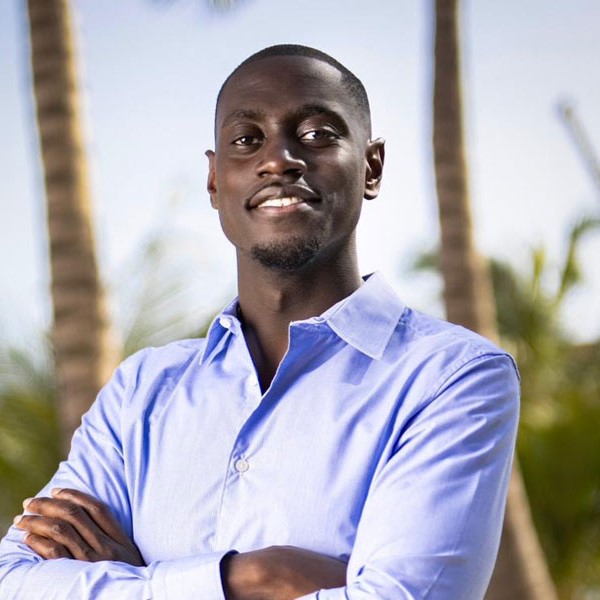Programme
This year’s conference programme will focus on the following theme: Co-creating Successful and Sustainable Strategies in Africa: The Key Role of the Private Sector and Public-Private Partnerships
-
Welcoming of Participants
From - 4:00 PM -
Series of VIP meetings (upon registration) and networking sessions
4:00 PM - 6:30 PM -
Choiseul Africa Awards Ceremony
6:30 PM - 7:15 PM
Jules NGANKAM
Group Chief Executive Officer, African Guarantee Fund

Jérôme HÉNIQUE
Chief Executive Officer, Orange Africa and Middle East
-
Welcoming Cocktail Dinner
7:30 PM - 9:30 PM
-
Official Opening Ceremony
8:30 AM - 10:30 AM
Umaro Sissoco EMBALO
President, Republic of Guinea-Bissau
-
Co-creating Successful and Sustainable Strategies in Africa: The Key Role of the Private Sector and Public-Private Partnerships
10:30 AM - 11:30 AMThe acceleration of the economic and social development of the African continent requires a combination of solutions and action levers. Among these, increasing the potential of the manufacturing sector in order to achieve true industrialization of economies is crucial. It is also essential to capitalize on natural resources for sustainable exploitation that creates local value. Additionally, focusing on innovation offers significant potential to enable a leapfrog in economic development.
One of the major strategic challenges lies in strengthening partnerships between various actors, whether they are private, public, or institutional. The private sector plays a driving role in economic growth, but this requires multiplying interactions among its actors. Simultaneously, the public sector, through its ability to regulate and stimulate the economy, must enhance public-private collaboration and perhaps better understand reciprocal needs.
Africa increasingly integrates into globalization and the interconnection of its economies with other continents, primarily Europe. It is therefore imperative to renew the Africa-Europe partnership by focusing on the complementarity of needs as well as medium- to long-term strategies between the two continents.
Thus, how can the private sector and the public sector collaborate effectively to stimulate industrialization, innovation, and local value creation in Africa? To what extent can the strengthening of the Africa-Europe partnership address the strategic needs of both continents in a context of redefined globalization?

Ryad MEZZOUR
Minister for Industry and Commerce, Royaume du Maroc

Jules NGANKAM
Group Chief Executive Officer, African Guarantee Fund

Christian YOKA
Africa Director, Agence Française de Développement
-
Coffee Break & Networking
11:40 AM - 12:00 PM -
Invest in…
12:00 PM - 1:15 PM -
Strengthening Health Systems and Enhancing their Economic Outcomes
12:00 PM - 1:15 PMThe health sector in Africa has undergone significant transformation in recent years, driven by a growing demand for healthcare services due to demographic and economic growth. Despite ongoing challenges related to infrastructure, care for vulnerable populations, and human capital, the health sector is now seen as a field rich in investment opportunities and a catalyst for economic growth.
National and international investments in health, supported by favorable public policies and public-private partnerships, play a key role in this transformation. The private sector, in particular, is viewed as a crucial catalyst for improving healthcare delivery and stimulating innovation in the health field.
Thus, how can the private sector further collaborate with African governments to improve healthcare infrastructure and services, and in which manner can the economic impact of health investments be maximized?

Dana MOPULUNGA
Founder & Chief Executive Officer , Bernika Health & Degymo

Achumile MAJIJA
Regional Chief Officer : Commercial, Operations & Strategy, Prudential Africa
-
Cocktail luncheon & networking
1:15 PM - 2:45 PM -
Towards Energy Sovereignty in Light of Sustainable Development
3:00 PM - 4:15 PMThe quest for energy sovereignty in Africa is increasingly framed within a sustainable development context, aiming to reduce dependence on energy imports and to maximize the use of the continent’s natural resources. This approach is crucial for ensuring sustained economic growth while minimizing the ecological footprint. With a considerable potential in renewable energies such as solar, wind, hydro, and geothermal, as well as conventional energy sources, Africa has the capacity to transform its energy landscape in a sustainable and autonomous manner.
The African continent, rich in natural resources, has often struggled with the challenge of exporting raw materials without adding value locally. However, the era of energy transition presents a unique opportunity for Africa to become a global leader in energy production, particularly in renewables. African governments, in collaboration with the private sector and international partners, are increasingly investing in innovative energy infrastructure throughout the entire supply chain of energy production and distribution.
What are the main levers to achieve energy sovereignty in Africa while supporting sustainable development? How can Africa fully exploit its renewable energy potential?

Olakunle WILLIAMS
Chief Executive Officer, Tetracore Energy Group

Loïc JAEGERT-HUBER
North Africa Regional Director, ENGIE

Linda MABHENA
Founder & Chief Executive Officer, DLO Energy Resources Group

Louis CAMARA
Managing Director, Kamsar Petroleum
-
Urbanisation: Between Challenges and a Driving Role in Economic Transformation
3:00 PM - 4:15 PMThe rapid urbanisation of Africa, which has seen its urban population grow from 27 million to 587 million inhabitants between 1950 and 2020, presents both considerable challenges and significant opportunities. This trend is expected to continue, with the African population projected to reach approximately 2.4 billion inhabitants by 2050, representing a quarter of the world’s population.
This urbanisation constitutes a potential driver of economic transformation by stimulating growth, generating jobs, and fostering the development of new infrastructure. However, this rapid expansion requires urban planning and sustainable management to fully harness its benefits and minimize its negative impacts.
Financing remains a major obstacle, with the annual financing gap for urban infrastructure in Africa estimated at $108 billion. This shortfall necessitates an increase in cooperation between the public and private sectors, as well as an effective mobilisation of local and international resources. Additionally, South-South cooperation is essential for sharing best practices and developing urban models tailored to African specificities.
How can African cities adapt to rapid urbanisation while preserving natural resources, mitigating the impacts of climate change, and promoting sustainable and inclusive urban development, in order to transform urbanisation into a genuine economic opportunity?

Filippo REAN
Managing Director, International Market for Real Estate Professionals (MIPIM)
-
Round table on Cultural and Creative Industries in Africa
3:00 PM - 4:15 PM
Laureen KOUASSI OLSSON
Founder & Chief Executive Officer, Birimian Ventures
-
Coffee Break & Networking
4:15 PM - 4:45 PM -
Transportation & Logistics: Streamlining and Securing Commercial Exchanges
4:45 PM - 6:00 PMAfrica is experiencing a sustained demographic growth and a rapid increase in consumption. This dynamic is leading to a constant increase in the volumes of goods and services being imported and exported, primarily via maritime and air transport, with forecasts predicting continued growth in the coming years. The modernisation of logistical infrastructure is crucial for the economic transformation of the continent, competitiveness, industrialisation, and economic integration.
To consolidate the continent’s position in global trade, private operators, African states, and donors are attempting to accelerate the deployment of port, rail, and road infrastructure, along with peri-urban logistical zones, in order to coordinate efforts in providing the continent with more world-class hubs.
What are the strategic levers to further structure logistics in Africa and integrate the continent into global supply chains, while sustainably strengthening intra-African trade? How can port, rail, and road infrastructures be developed and modernised in a coordinated manner to address the continent’s logistical challenges?

Lamine Mohamed SECK
Managing Director, SF Capital
-
Investing in Human Capital and Innovation for Industrial Development
4:45 PM - 6:00 PMThe development of human capital and innovation is crucial for the industrialisation of Africa. The continent must not only invest in its digital infrastructure but also strengthen its educational systems to train talent who are able to meet the growing demand for technical and technological skills. The integration of advanced technologies, such as artificial intelligence (AI) and big data, can boost the productivity and efficiency of African businesses, but this requires a concerted effort to overcome the current challenges.
The private sector remains the main driver of initiatives for the adoption of AI, as well as for vocational training programs. Nevertheless, such momentum needs to be further supported and boosted by national plans of African states
What strategies can be deployed to encourage local technological innovation and promote vocational training in support of economic development in Africa?

Abdoul Aziz SY
Deputy Chief Executive Officer, Supdeco Dakar Group

Jérôme HÉNIQUE
Chief Executive Officer, Orange Africa and Middle East

Rui MENDES DA SILVA
Co-Founder & Chief Executive Officer, Kemet Automotive

Yershen PILLAY
Chief Executive Officer, Chief Executive Officer, Chemical Industries Sector Education and Training Authority (CHIETA)
-
Closing Dinner
8:00 PM - 11:00 PM